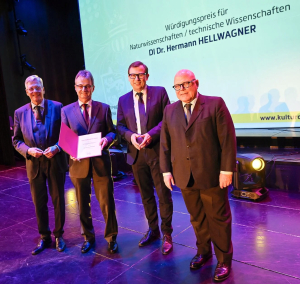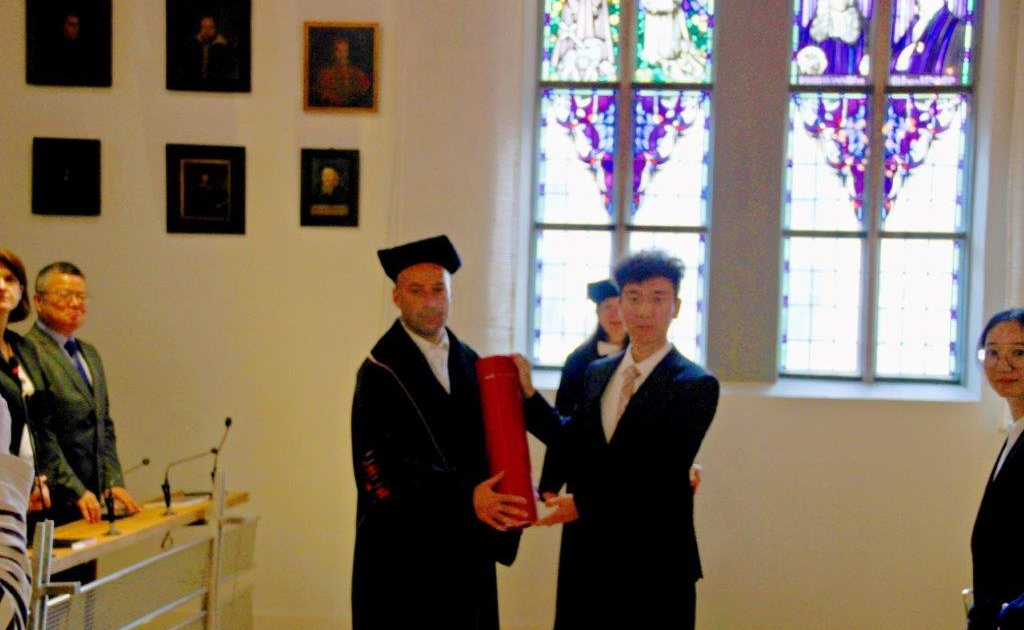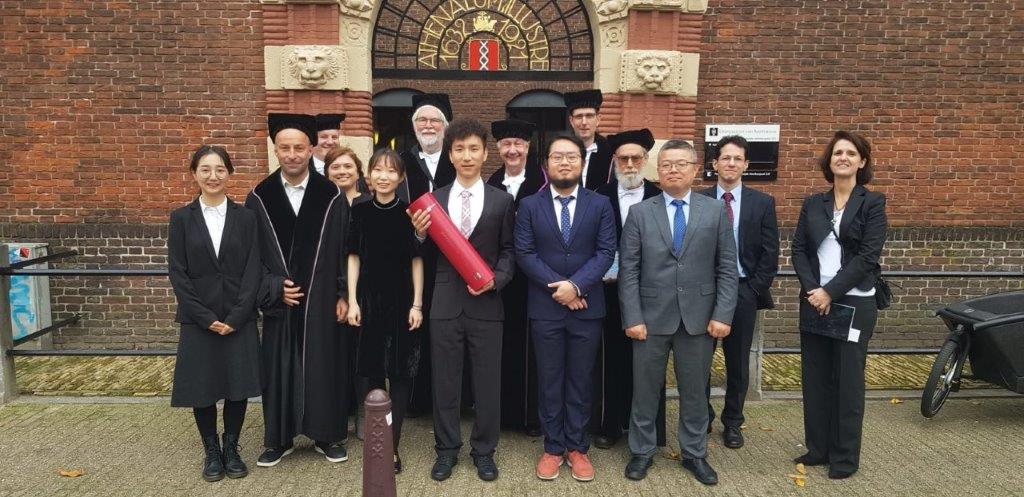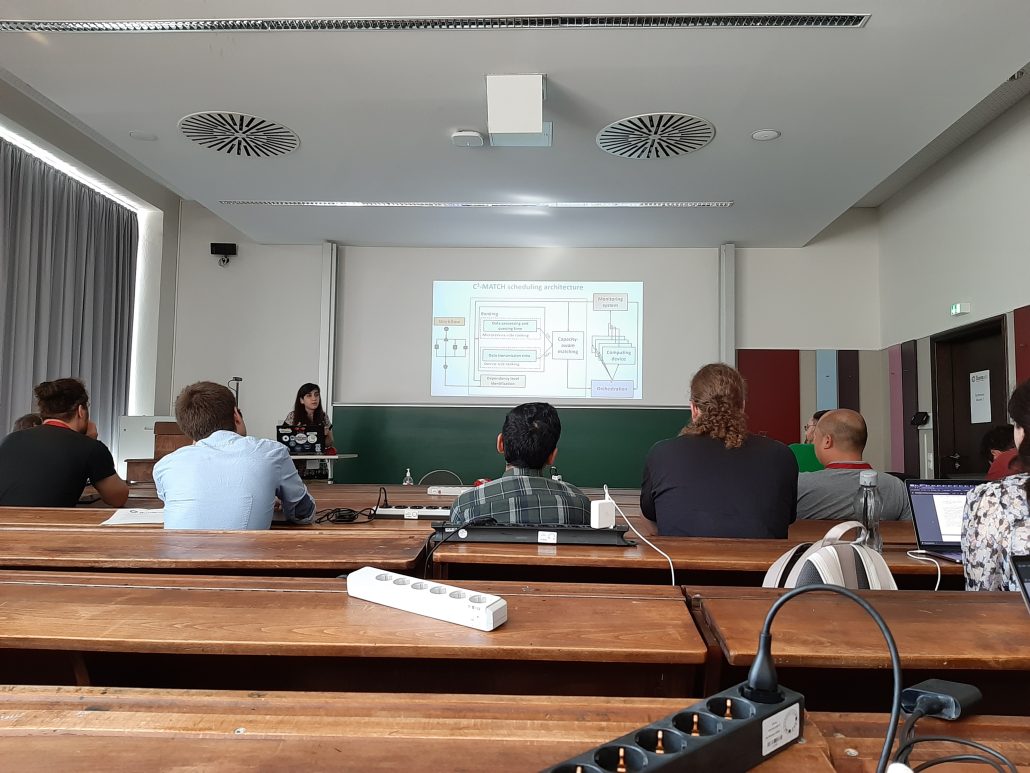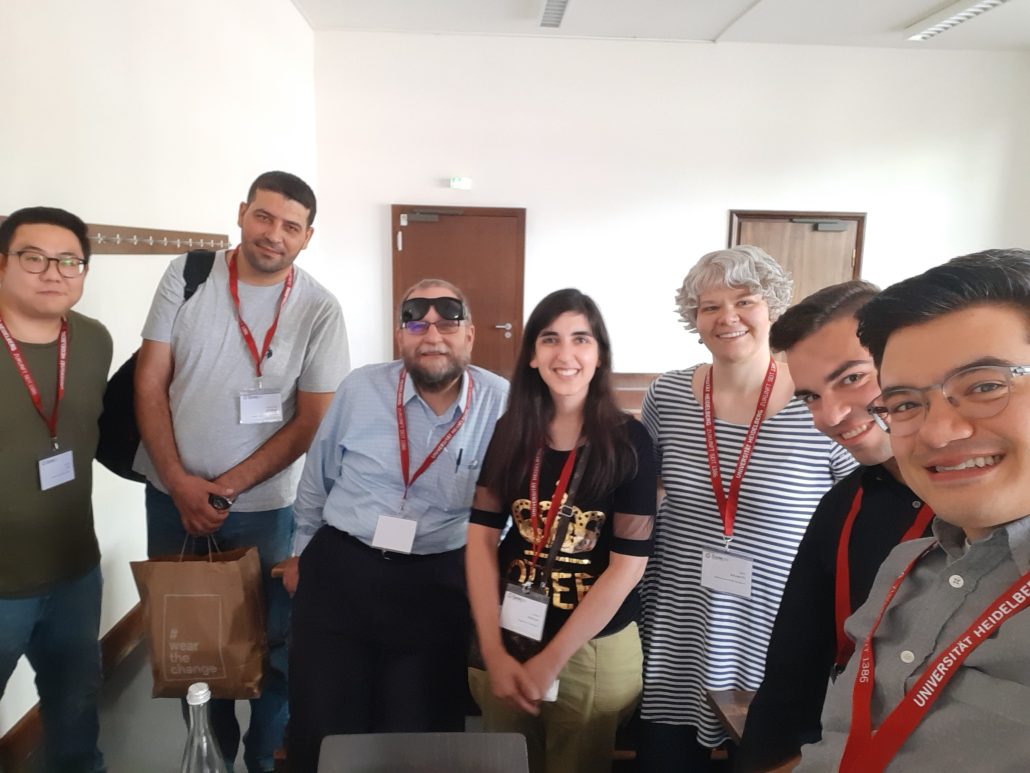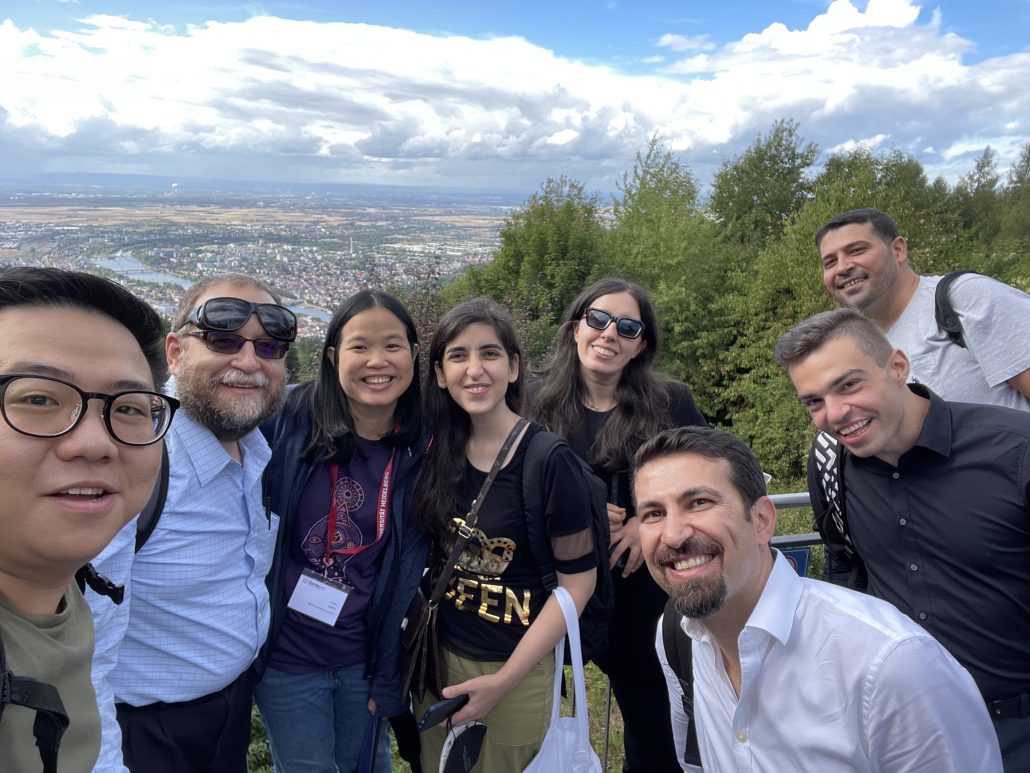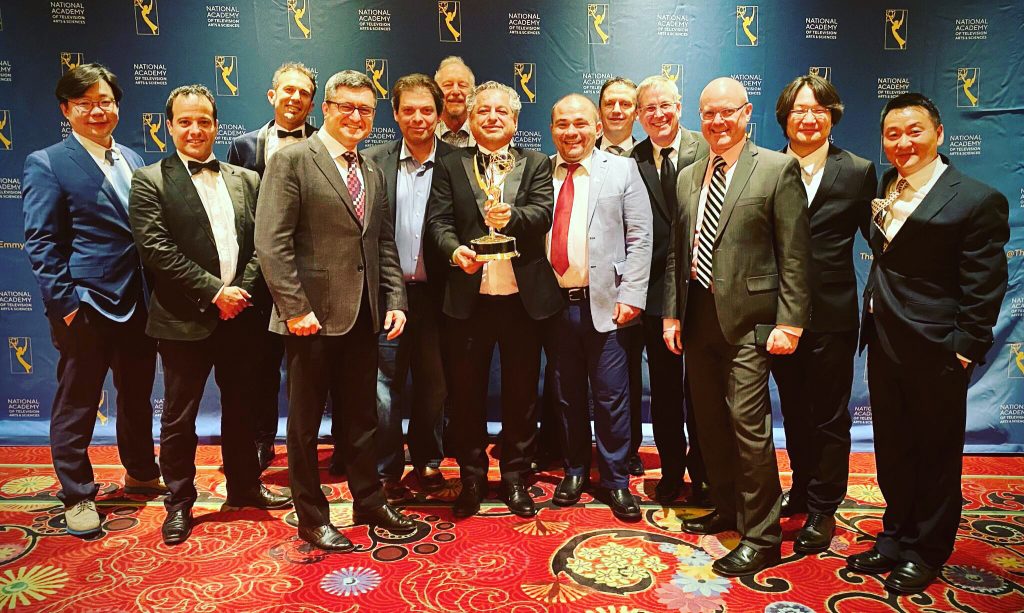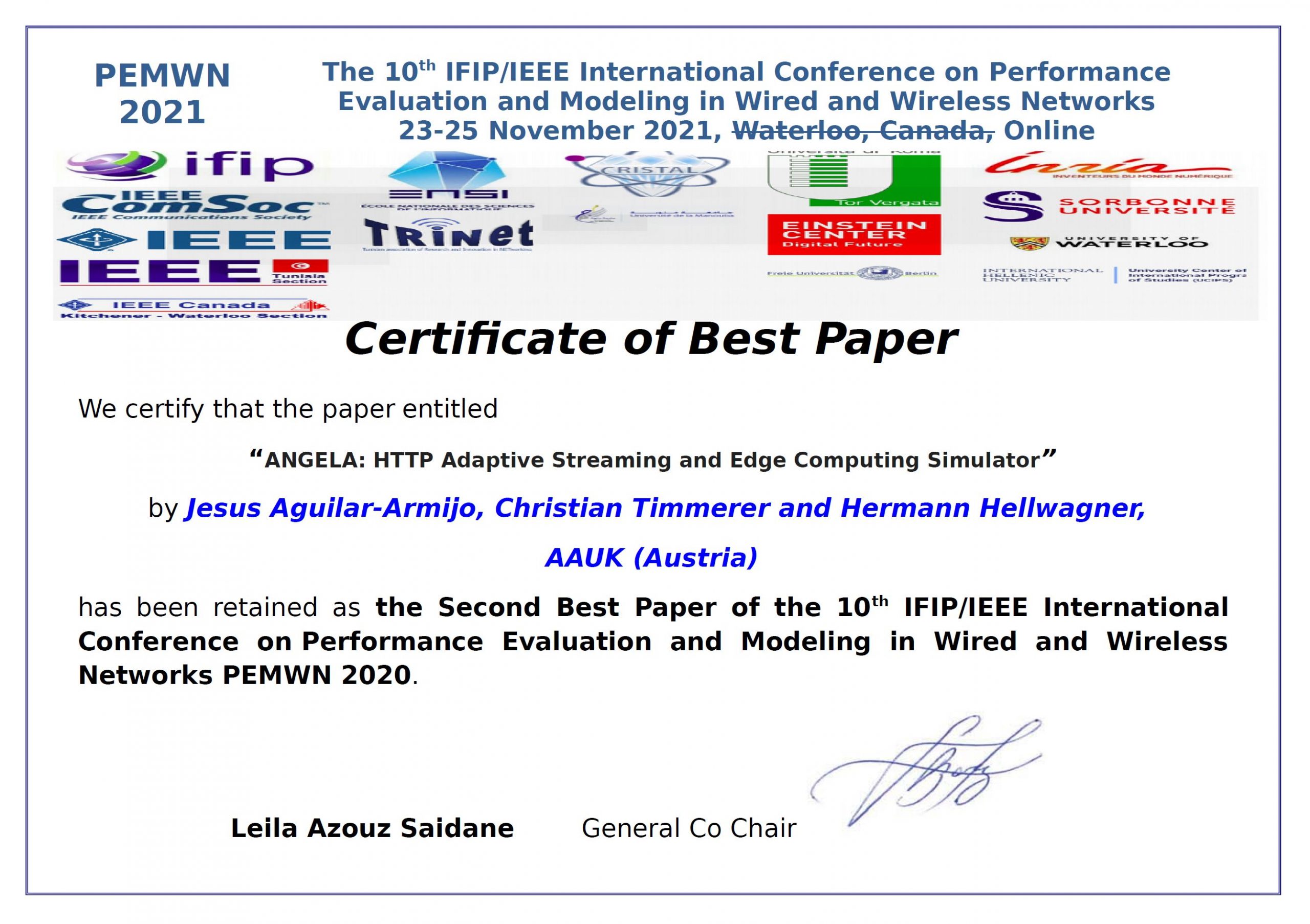On 03.02.2023 , Dragi Kimovski defended his habilitation thesis “The Computing Continuum in the Internet-of-Things Era: Beyond the Cloud Data Centers”. In the meantime, the procedure has been completed and we were happy to hand out the certificate. Congratulations!
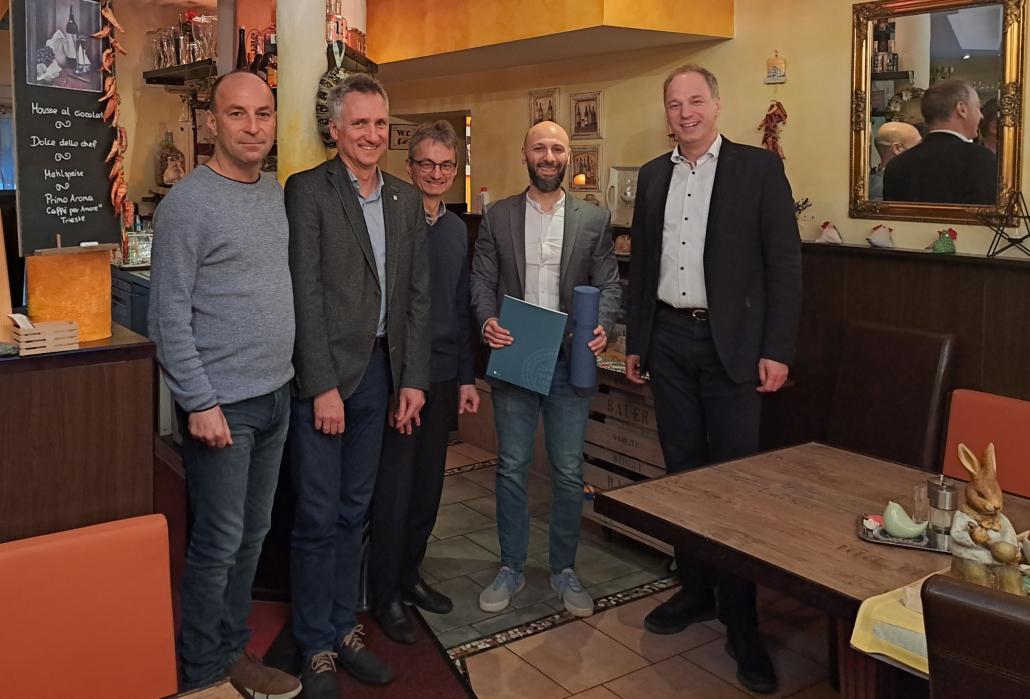
Dragi Kimovski is a tenure track researcher at the Institute of Information Technology (ITEC), University of Klagenfurt. He earned his doctoral degree in 2013 from the Technical University in Sofia. He was an assistant professor at the University of Information Science and Technology in Ohrid and a senior researcher and lecturer at the University of Innsbruck. Kimovski conducted multiple research stays at renowned universities, including the University of Michigan, the University of Utrecht, the University of Bologna, and the University of Granada. He co-authored more than 60 articles in international conferences and journals. His research interests include parallel and distributed computing and multi-objective optimization for energy efficiency and sustainability. He acted as a scientific coordinator and work-package leader in dozen Horizon 2020 projects (DataCloud, ENTICE, and ASPIDE).
Fog and edge computing have been introduced as an extension of the cloud services towards the data sources, thus forming the computing continuum. The computing continuum enables the creation of a new type of services, spanning across distributed infrastructures, supporting various Internet of Things (IoT) applications. However, the introduction of the computing continuum raises multiple challenges for the management, deployment and orchestration of complex distributed applications, such as increased network heterogeneity, limited resource capacity of edge devices, fragmented storage management, high mobility of edge devices and limited support of native monolithic applications. Therefore, the habilitation thesis explores novel algorithms for low latency, scalable, and sustainable computing over heterogeneous resources for information processing and reasoning, thus enabling transparent integration of IoT applications. It tackles the heterogeneity challenge of dynamically changing computing infrastructure topologies and presents a novel concept for sustainable processing at scale.



